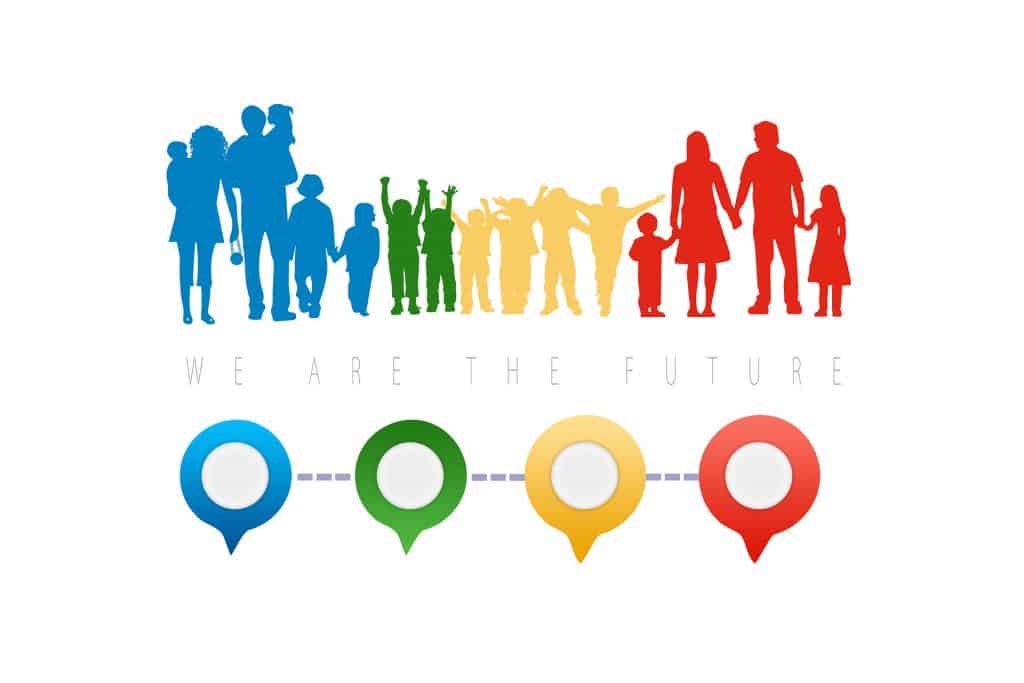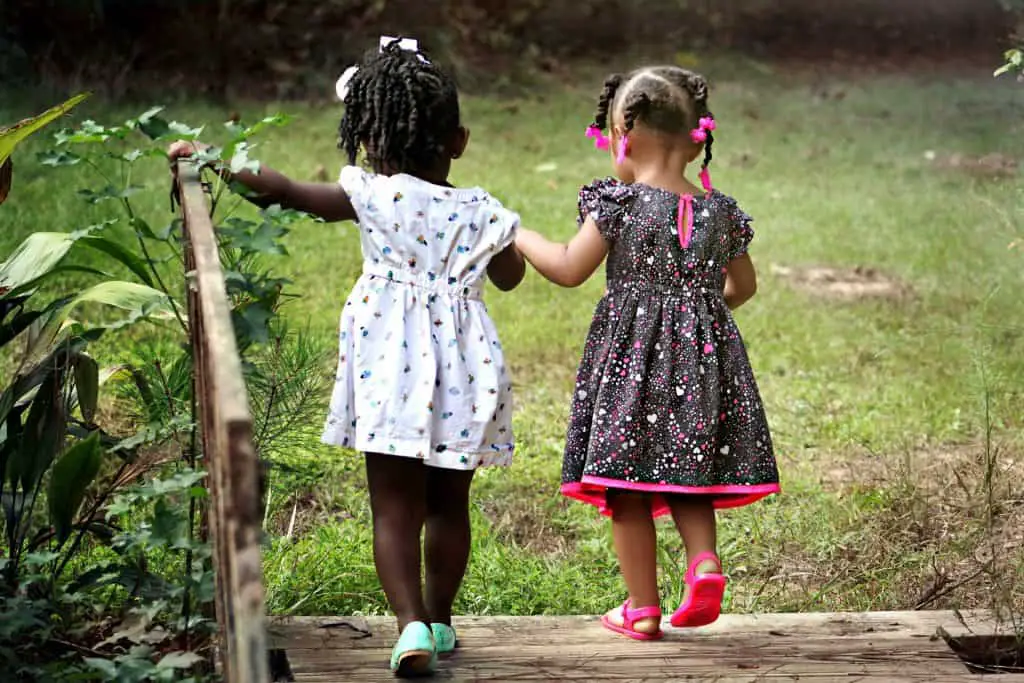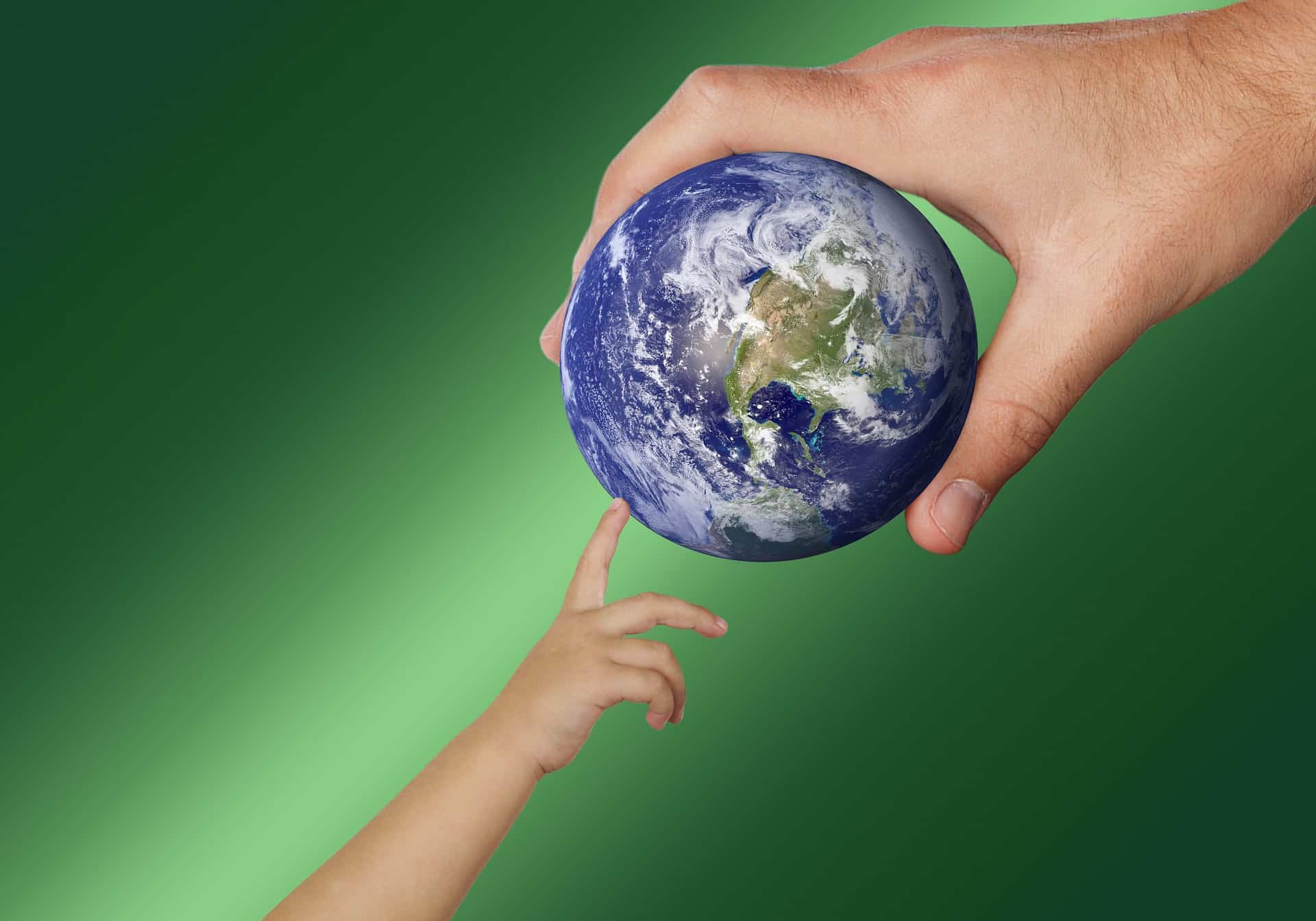Today as globalization and more international jobs accept people from different parts of the globe, children who relocate with parents during such deployments effectively become global children. These are children who have lived part of their lives in different socio-cultural settings. They do not have a pure upbringing and have acquired bits of socialization at their places of residence.

It should be high time for everyone to change from the normal of introducing themselves based on where they trace their ancestry to where they really contribute currently. Elvis Presley sings that “home is where the heart is.” So, there should be no reasons whatsoever trying to pin profile children based on where the parents were born.
Take, for instance, the children of ambassadors, business executives, and many others who have to put up with the transfer of their parents every other time. Although it is a challenge to be moving along with the entire family, most people do it for the love of having them close.
Uniqueness of Global children
Ordinarily, the life and upbringing of children largely depend on the environment where they live. For instance, there are cultures in which parents completely dominate the lives of their children while others promote hands-off parenting.
A global child is one who probably has lived in places with all manner of extremes in parenting expectations. The character and behavior patterns of these children are a cocktail of all these experiences. So to say, the global children may exhibit a mongrel kind of personality and character largely drawn from their mixed experiences.
Global children are for example born in Africa, brought up in Europe, lived shortly in the USA and now stays in Australia. Therefore, they are highly exposed and do not simply conform to the situation as they are. Such children are not only more aware but also knowledgeable and inquisitive.
Global children have experimented with a lot of situations, cultures, foods, education, friendships, and all manner of stuff so much they know a lot. The children, therefore, do not expect a lot of parental control or being chaperoned around to conform to whatever parents want.
The life of a global citizen child
As any psychologist will tell you, the brain of a child is often more like a brand new blank book. It is only over time that information and experiences start to shape their lives. So this means that a child whose parents keep moving does not get enough time to learn the new environment.
Although a global citizen child is more exposed to different cultures and obviously so much informed, there is a challenge that their minds are not settled. The problem may be even compounded when parents insist that such children must continue strictly observing their native culture even when abroad.

Of course, observing own culture and way of life is a good thing but insisting on children who are always moving from one country to the other ends up punishing them for reasons beyond their control. A global child will have multiple abilities based on the diverse experiences drawn from each place the family has lived before.
Handling a global child
A global child today is more informed about rights and obligations than ever before. For instance, you will not just tell such a child to do something for the sake of it. Undefiant yet dissatisfied, they will ask you why you really want them to behave in a particular way and not the other.
Societies differ largely on how children are handled. In some cases, children openly criticize parents without begrudging but others let the parents run the show entirely. So a child born in a conservative society and raised in a liberal one will obviously be a challenge to deal with.

Because children learn mostly from their environments, their peers will tell them what they can and cannot do. And trust me you, children connect more among themselves than with you, the parent. So raising such a child requires one to be so careful.
As a parent to a global child, it will help you to be more liberal yet unassuming. Let children grow freely, you just taking the role of guiding them through. The tips of raising a global kid are very handy.
The future of global children
The benefits of raising global children could be so immense. Probably, they could be the panacea for restrictive social epithets that disregard people based on where they come from. Strictly speaking, global children know so much about a lot of things which make them available to change the world without subscribing to limits or boundaries.
The children who have been brought up in different environments become more multitalented, outgoing, and ready to cope with challenges as they come. Although they do not have a particular identity as to where they need to call home, they embrace everywhere as their true home.
Embracing Global children
Although some societies that are closed may still disregard people on skin colour, religious affiliations et cetera most of them accept global children based solely on the content of their character.Many people make the mistake of asking children carelessly where they come from which is disgusting. For instance, just because you are black in a white country, the class teacher asks which country you come from.
It is good for every person to normalize accepting the fact that global children believe that where they live at any particular time is home. For instance, a child born of a black parent in Denmark then lives in Sweden doesn’t know which of the two to call home. They will just say they come from Sweden, this is so because that is where they live.
It is a setback to the spirit of globalization if someone has a preconditioned mindset on where people should call home. Home is ideally where someone lives. The global children are not necessarily people of confused identity but a manifestation of diversity. Actually, such children give a unique cocktail of how connected humans are irrespective of the imaginary boundaries set for convenience.
